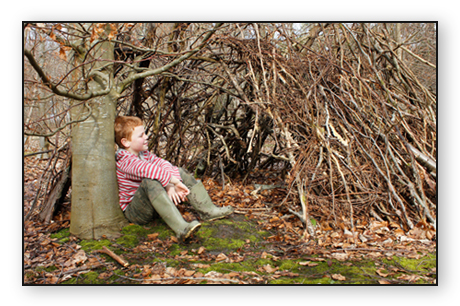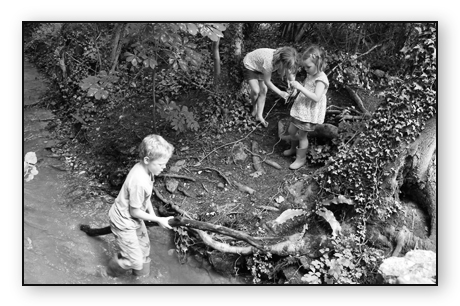 It is a bit of a challenge if you are ‘buying nothing new’ but we had a great time during half-term and seeing that it falls on different weeks in the UK, I thought I would share some ideas if you needed inspiration.
It is a bit of a challenge if you are ‘buying nothing new’ but we had a great time during half-term and seeing that it falls on different weeks in the UK, I thought I would share some ideas if you needed inspiration.
- Baking is always a good activity even with three mini chefs. Have a go at chocolate brownies – we use the Usbourne children’s book recipe with delicious results.
- Make family pizza. Keep it simple by buying the bases, whack on some passata and then everyone can add their own pre-chopped ingredients – salami, ham, cheese, red pepper, pineapple, egg and mushrooms.
- Wrap up warm and go outside to tramp in the countryside or a park as fresh air revives everyone. Build a den in which to eat your chocolate brownies.
- Have holiday projects for your children, you can read more about this on this link. This holiday I introduced origami for my 9-year-old and we made a new model each day. My 6-year-old was desperate to learn to knit so I am teaching her although she is on the young side. If you teach your child to knit, I can recommend thick children’s needles of 5mm or 6mm and multi coloured wool. If the wool is changing colour it inspires children to keep knitting. Visit the site Hulu to buy these items. My son was so interested in knitting that I ended up teaching him too and he is really doing well.
- Bike rides and picnics can happen even if February.
- Hire a few DVDs and cheat and watch television in the afternoon.
- Best of all can I suggest ‘The great family sleep over’! The entire family drags their mattresses into one room and all sleep together on the floor. I probably shouldn’t add that Ella (age 4) wet the airbed that she was sharing with me or that when we woke up we felt exhausted, as if we had been camping but least we could sit in a comfy sofa and drink coffee. Why would a family with perfectly decent beds do this? Because it is fun and it was so exciting for the children, creating magical memories.









